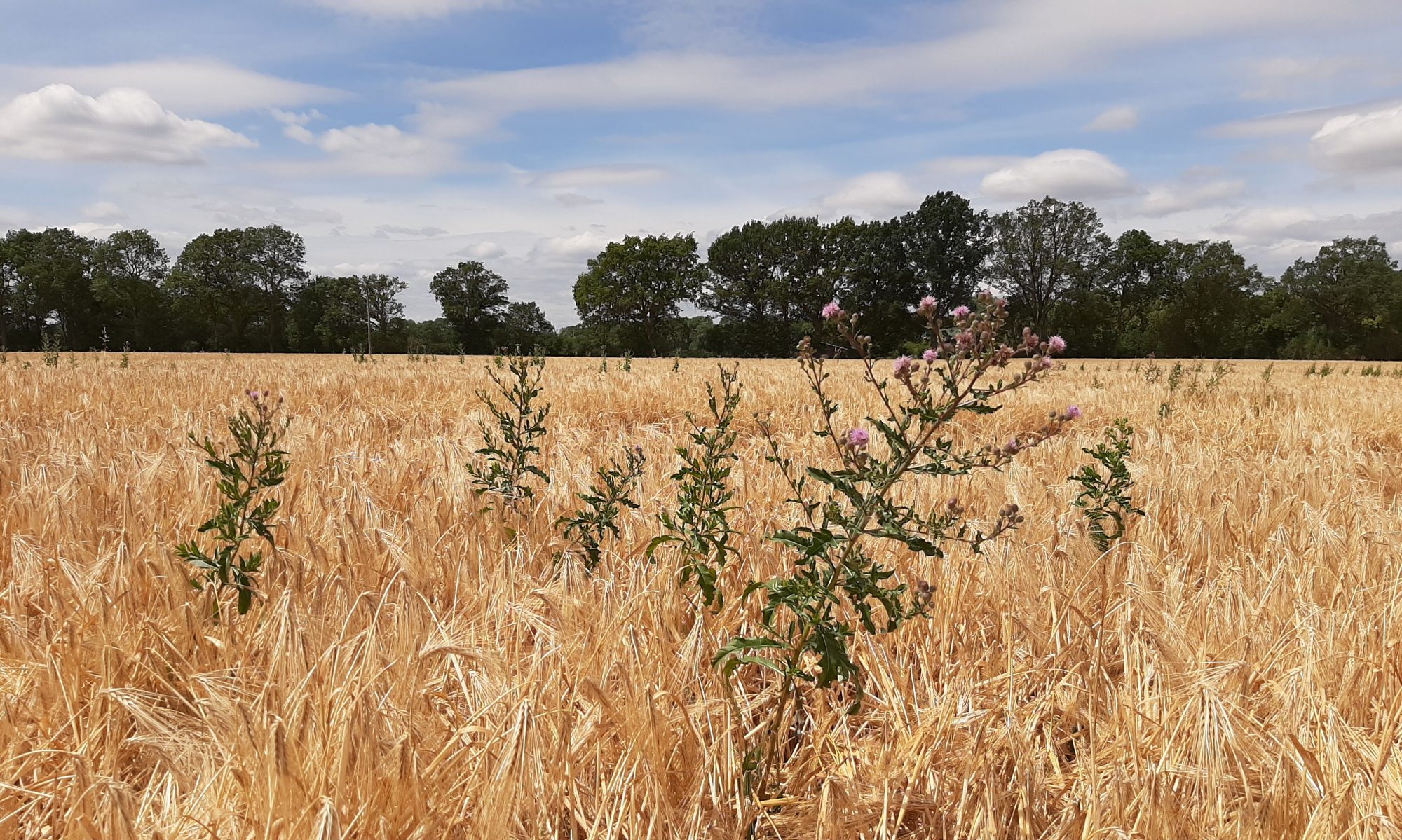
The general aim is to provide models to integrate agro-ecological management decisions for perennials weeds.
Examples for models of annual species are frequent. Perennials resists this way of modelling because of their clonal lifestyle with subterranean connections and storage. Modelling populations of these species must rely on new approaches, which includes spatial information and the subterranean part of the infestations. However, there is very few quantitative data, especially of the below ground part. Qualitative modelling can be used to overcome the shortage in full quantitative data when expertise, knowledge and weak data are available.
An innovative modelling framework named IPSIM (Injury Profile SIMulator) will be used. This qualitative modelling platform provides a tool to design aggregative hierarchical network models to predict the impact of cropping practices, soil, weather and field environment on infestations of perennials.
A large dataset representing a wide range of climate patterns, soils and cropping practices will be compiled, thanks to the other tasks, to assess the predictive quality of the model in comparing simulated and observed values. This modelling platform, easily appropriable by farmers and advisers, will aim to be used as a decision support systems (DSS) to reduce the dependency and use of herbicides.
